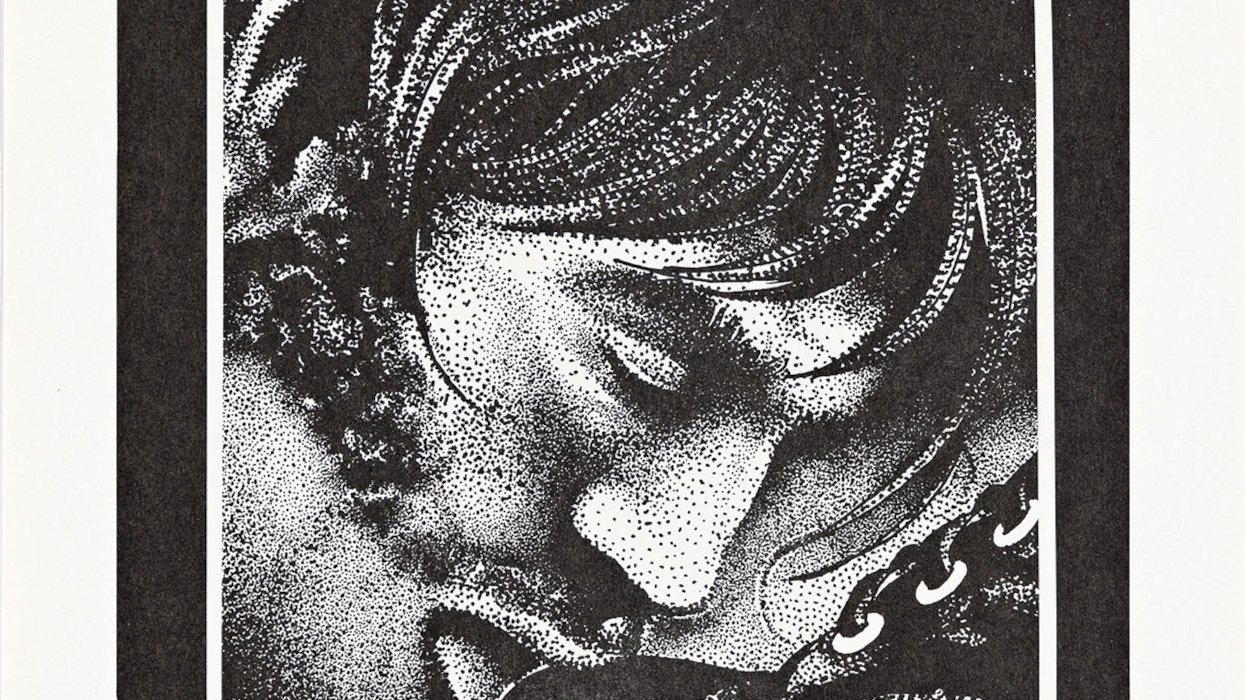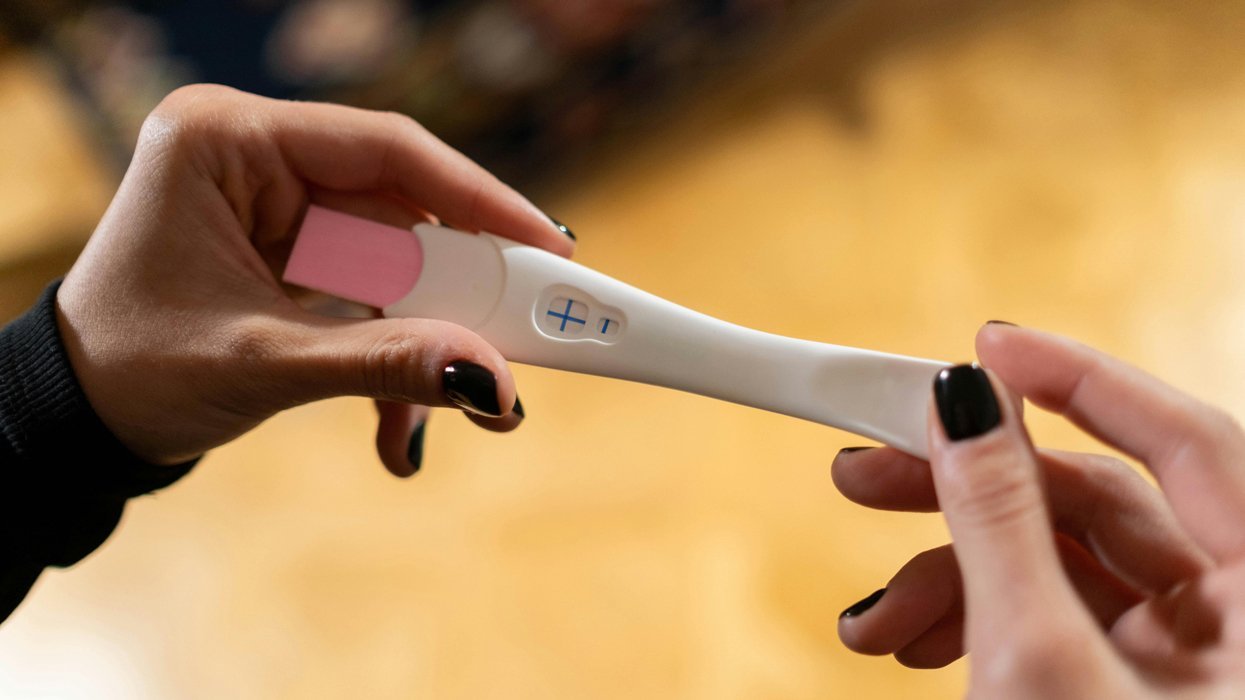Treatment GuideJust DiagnosedSex & DatingAfrican AmericanStigmaAsk the HIV DocPrEP En EspañolNewsVoicesPrint IssueVideoOut 100
CONTACTCAREER OPPORTUNITIESADVERTISE WITH USPRIVACY POLICYPRIVACY PREFERENCESTERMS OF USELEGAL NOTICE
© 2024 Pride Publishing Inc.
All Rights reserved
All Rights reserved
By continuing to use our site, you agree to our Private Policy and Terms of Use.
Here's more bad news for HIVers considering a short-term break from their antiretroviral drug regimens: You're more likely to expose others to the virus and to suffer potentially dangerous blood clots if you do, according to two new studies. An analysis of data from the large-scale Strategies for the Management of Antiretroviral Therapy study'which was stopped in 2006 when it showed that even structured treatment interruptions double the risks for serious illness or death'indicates that treatment breaks significantly boost HIV transmission risks, despite rates of risky behaviors remaining constant. Because HIV viral levels in both blood and sexual fluids rose in the absence of anti-HIV medications, the chances of infecting others through unprotected sex, needle sharing, or childbirth also increased, researchers reported in the October 2008 edition of the Journal of Acquired Immune Deficiency Syndromes. A second analysis of the SMART study data reported in the October 21 edition of the journal PLoS Medicine has shown that treatment breaks were linked with increases in three key blood proteins linked with inflammation and blood vessel damage, particularly potentially life-threatening blood clots, even after anti-HIV meds are resumed. The researchers say it's also possible for inflammation to increase risks for diabetes, heart disease, and certain cancers, although their study did not specifically address these ailments. It was thought at one time that STIs ranging from a few days to several months could offer HIVers much-needed breaks from the taxing and toxic side effects of antiretrovirals as well as cut costs for people struggling to pay the five-figure annual costs for treatment. Some AIDS experts even once posited that short drug-free periods could induce one's body to produce more HIV-fighting CD4 cells. But this new disappointing data'particularly in light of the availability of newer medications with fewer adverse side effects'only add to a growing consensus that treatment interruptions should be avoided, experts say. If you are considering a break, it is recommended that you speak with your doctor to evaluate what other alternatives may be available to you. 'I think the bottom line is that treatment interruptions failed. It's just not something that can be tolerated,' says Gordon Dickinson, a professor of medicine and chief of the division of infectious diseases at the University of Miami. 'The desired advantage of being able to stop taking medication for a period of time is not there. In the end, people who did stop therapy showed disease progression.'
Want more breaking equality news & trending entertainment stories?
Check out our NEW 24/7 streaming service: the Advocate Channel!
Download the Advocate Channel App for your mobile phone and your favorite streaming device!
From our Sponsors
Most Popular
Before AIDS, gay artist Rex drew hot men on the prowl — then he disappeared
April 11 2024 3:15 PM
Diets that mimic fasting reverse aging: study
March 07 2024 5:28 PM
PrEP without a prescription now a reality in California
February 06 2024 8:37 PM
Injectable HIV treatment, prevention: Everything you need to know
March 26 2024 3:28 PM
8 dating tips for gay men from a gay therapist
March 21 2024 2:50 PM
Happy national foreskin day!
April 04 2024 1:45 PM
The science behind U=U has been liberating people with HIV for years
June 04 2024 3:31 PM
Scarlet fever: exploring our fascination with blood
March 13 2024 1:47 PM
On Anal Sex Day, crack up with The Bottom's Digest
April 18 2024 10:22 AM
Plus: Featured Video
Latest Stories
Activist and philanthropist Bruce Bastian dies at 76
June 26 2024 1:28 PM
Yes, HIV-positive people can safely breastfeed
June 26 2024 12:59 PM
Exclusive: We kiki with Q from 'RuPaul's Drag Race'
June 24 2024 11:37 AM
Court rules to keep PrEP coverage under Obamacare
June 21 2024 5:42 PM
In honor of Juneteenth 2024, meet The Normal Anomaly
June 19 2024 1:39 PM
What is Juneteenth?
June 19 2024 11:30 AM
As Pride party season begins, the CDC urges mpox vaccinations
May 16 2024 6:52 PM
Advocacy in action with AIDSWatch
May 09 2024 12:30 PM
The Talk: Thriving with HIV
May 08 2024 10:45 AM
The Talk: What HIV isn’t
May 07 2024 10:48 AM
The Talk: Finding balance with HIV
May 06 2024 10:51 AM
Justice Dept plans to reschedule marijuana as a lower-risk drug
May 03 2024 2:40 PM
The Talk: Starting your journey with HIV
May 03 2024 2:00 PM
Why is a mother’s mental health so important? A doctor explains
May 01 2024 1:38 PM
Walmart to close all of its health care clinics
April 30 2024 12:30 PM
Vampire facial spa infected several women with HIV
April 29 2024 7:26 PM

















































































